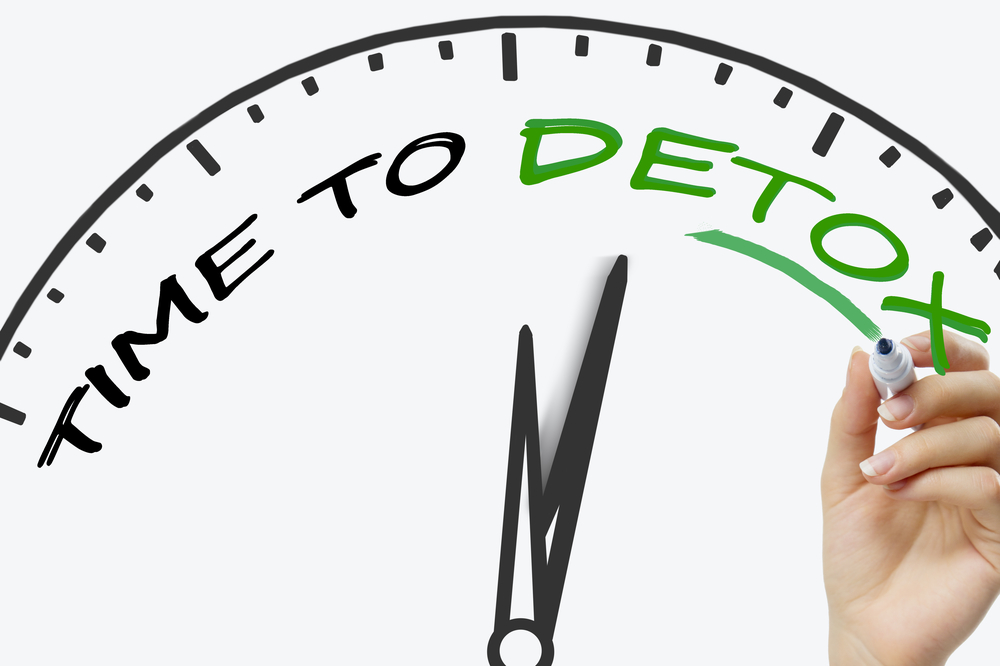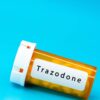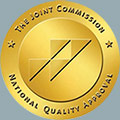The Substance Abuse and Mental Health Services Administration (SAMHSA) explains detox as “a set of interventions aimed at managing acute intoxication and withdrawal.
It denotes a clearing of toxins from the body of the patient who is acutely intoxicated and/ or dependent on substances of abuse.” The overarching purpose of detox is to minimize the physical harm caused by the abuse of substances. There are different detox methods with varying levels of support available for people in need. Some people will require extensive support, perhaps in a designated detox facility, with twenty-four-hour care throughout the entirety of his or her detox process, and others will be able to go through detox unaccompanied in his or her own home.
Medical Detox
Medical detox refers to ridding the body of abused substances under the supervision of a team of licensed medical professionals (e.g., nurses, clinical staff, therapists, etc.) that is most often headed by a physician. There are several types of substances (e.g., heroin, benzodiazepines, prescription opioid narcotics, alcohol, etc.) that which individuals are highly encouraged to undergo a medical detox due to the severity of the withdrawal symptoms. When a person undergoes a medically assisted detox, various medications are utilized in conjunction with therapeutic modalities to assist in the detox process. Specifically, the medications that are administered during detox are used to help treat different severe withdrawal symptoms. Some examples of the medications prescribed by physicians that are used during the detox process include, but are not limited to the following:
- Antidepressants: such as Zoloft and Prozac, to reduce anxiety
- Clonidine: primarily used to treat withdrawal symptoms from opiate and/ or alcohol withdrawal symptoms
- Benzodiazepines: can help to decrease anxiety and irritability
- Suboxone: used to moderate severe opiate addictions in people sixteen years old and older
Depending on the individual’s specific needs, medications to address psychosis, narcolepsy, and other co-morbid disorders may be prescribed during detox. Anti-nausea medications, mild pain medications (e.g., Tylenol), and anti-diarrhea medications can be prescribed to a person going through detox. Certain vitamins, herbal supplements, and minerals may be recommended by a medical professional to help manage various withdrawal symptoms and promote overall healing. Medications can help a person going through the detox process by reducing some of the adverse side effects and discomforts associated with specific withdrawal symptoms.
For Information and Support
Contemplating detox can be a very challenging time. Before any individual can begin to work on the underlying issues contributing to their substance abuse problem, they must be separated from the substances in their systems. If you are concerned for yourself or a loved one regarding substance abuse, and/ or addiction we recommend reaching out for help as soon as possible. The earlier you seek support, the sooner you and your loved ones can return to leading happy, healthy, and fulfilling lives. Sherwood Detox offers a stand-alone detox program. For additional information on detox, please do not hesitate to contact us at: 818-626-9959 or feel free to email us anytime. One of our trusted counselors is available to talk and discuss how we can best support you on your journey.









